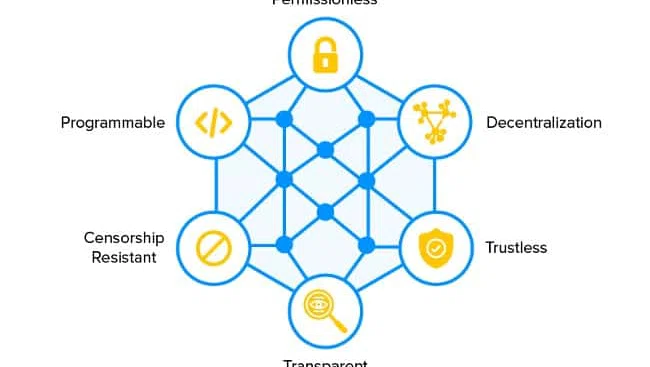London, UK, July 28, 2021: Only 3% of financial services (FS) organisations are confident they are prepared for the next major Open Banking enforcement deadline, due in September 2021, according to new research from Delphix, the industry leading data company for DevOps.
The study – carried out by Pulse and commissioned by Delphix – polled 100 tech leaders in the finance banking and insurance industry to understand how prepared they are for compliance with Open Banking deadlines and what’s getting in the way. All respondents are from EMEA (77%) and APAC (23%) and work at companies with over 10,000 employees.
Despite the Second Payments Services Directive (PSD2) and Strong Customer Authentication (SCA) requirement, which were initially slated to take effect September 2019, and then delayed by two years, the majority of FS organisations are still not ready. In fact, according to the poll, 9% of respondents admit to not being prepared at all.
The study also reveals that only 2% have met all their Open Banking requirements to date. Meanwhile, 69% have met half or less.
“The financial services sector is undergoing a massive transformation with data at the core. For many banks that rely on legacy systems, however, data privacy and compliance are proving to be major obstacles,” said Daniel Graves, CTO of Delphix. “Open Banking Application Programming Interfaces (APIs) could open up a whole new world for FS organisations, enabling them to use data to drive transformational services and power superior customer experiences.”
Key Barriers to Open Banking
Most banks have a long way to go to support Open Banking and face significant hurdles. 62% of respondents cite protecting sensitive data across multiple systems and APIs as the biggest data privacy and compliance challenge. Others are struggling with effectively protecting sensitive information without limiting timely access to data (40%) and ensuring that compliance measures preserve the quality and usability of data (39%).
When it comes to opening up APIs to third parties in order to drive innovation, the biggest challenge for 60% of respondents is the time and effort needed to maintain and preserve the integrity of data. Meanwhile, 52% of FS organisations report limited capability to accelerate the development of quality APIs and API-driven features to market. The subsequent bottlenecks are not surprising when you take into account that 42% rely on synthetic or subsetted data. Synthetic data generation and subsetting add process overhead that slows development teams and erodes software quality by generating false positives and false negatives in testing cycles.
Overcoming these hurdles will be challenging, and the vast majority of respondents (92%) predict their organisational operations will be disrupted as they roll out Open Banking APIs.
“Data privacy challenges and legacy technology stacks are impeding the Open Banking revolution,” added Graves. “FS organisations need to adopt DevOps data technologies that can deliver compliant data at speed via APIs to overcome these challenges.”
Open Banking Transformation
Even with widespread lack of preparedness, the vast majority (84%) believe compliance with Open Banking directives is a key priority.
Open Banking is widely seen as a way to encourage innovation and modernisation in traditional banking. 88% of respondents believe it will increase the number of innovative banking services available to customers in the next three years. In addition, over half (51%) believe Open Banking will significantly or completely change how traditional financial services are delivered and consumed during the same period.
For more information, read the full research report here.










